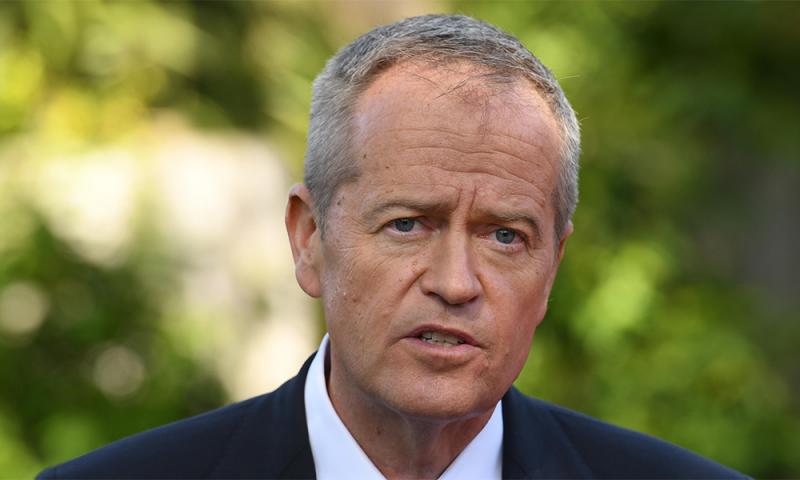Australian opposition holds slim lead ahead of May 18 election - poll
Australia's opposition Labour Party retained a narrow lead over the conservative coalition government, a poll showed on Monday, while the Labour's leader popularity hit a four-year high days ahead of a general election.
The Newspoll showed Labour ahead of the Liberal-National coalition, 51 percent to 49 percent, unchanged from polls over the past two weeks on a two-party preferred basis, where votes are distributed until a winner is declared.
Based on the poll, Labour would end up with 77 seats in Australia's lower house, above the 76 needed to form government, against 68 for the coalition and six for other parties. Currently, Labour holds 69, the coalition 73 and other parties eight.
Prime Minister Scott Morrison officially launched the party's campaign on Sunday, plugging his party's economic credentials, and calling Labour's plans to cut tax benefits and boost outlays for health and education "reckless spending".
However, Labour has promised bigger budget surpluses than the government, with plans to cut generous tax concessions aimed at the country's wealthiest.
The Newspoll showed voters' net approval of Labour leader Bill Shorten (photo above) climbed eight points to his highest since March 2015, although his rating still trails Morrison's, by 10 points.
Shorten found popular support last week from voters who objected to a conservative tabloid's report about the life of the opposition leader's late mother. The report described Shorten's account of his mother's career struggles as inaccurate, which some, including the prime minister, saw as an unfair attack.
Morrison, who turned 51 on Monday, had an egg thrown at him on the campaign trail last week by a young woman apparently protesting Australia's treatment of asylum seekers. The egg grazed his head without cracking. Morrison called the act "thuggery".
The election contest is expected to come down to a number of tightly fought seats in Queensland, New South Wales and Victoria, many of which feature independent candidates pushing for strong action on climate change.
The poll surveyed 1,644 voters across Australia on May 9-12.
The maximum sampling error was plus or minus 2.4 percentage points.
- Reuters
RM12.50 / month
- Unlimited access to award-winning journalism
- Comment and share your opinions on all our articles
- Gift interesting stories to your friends
- Tax deductable

 Reuters
Reuters